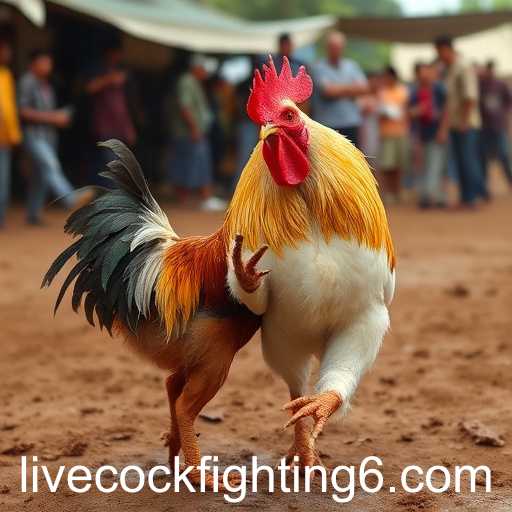As the digital landscape continues to evolve, developers are constantly seeking new avenues to attract players to their platforms. In recent years, an eyebrow-raising entry into this realm has been the inclusion of 'live cockfighting' as a keyword on several English game websites. This development has sparked dynamic discussions around the appropriateness of such content, given the ongoing cultural and ethical debates surrounding animal welfare.
Cockfighting, a practice with deep historical roots, has traditionally been viewed as a controversial activity due to the inherent cruelty involved. Proponents argue that its inclusion in online platforms is merely a digital recreation, devoid of real-world ethical implications. However, animal rights activists counter that even virtual representations endorse a narrative of entertainment derived from animal cruelty, potentially normalizing such behaviors among younger audiences.
The year 2025 sees a significant shift as digital games continue their rise as a dominant form of global entertainment. Game developers who include themes like cockfighting face scrutiny not only from ethical watchdogs but also from regulatory bodies keen on setting boundaries for acceptable content in online games. Thus, a dynamic tension exists between creative freedom in game development and societal responsibilities about what is appropriate for users, particularly impressionable demographics.
Moreover, international markets play a significant role in how such content is received. In regions where cockfighting is still culturally accepted, online games featuring such themes could see robust market performance. Conversely, in areas with strict animal welfare laws, the inclusion of cockfighting content might attract negative press and even legal challenges. This geographic variance adds another layer of complexity to the conversation around digital entertainment's evolving dynamics.
Ultimately, as the debate continues, 2025 may be a pivotal year for establishing new norms and regulations that balance creativity against ethical considerations in the digital gaming domain. As 'live cockfighting' emerges as a surprising flashpoint in this discourse, it invites further reflection on how virtual spaces reflect and influence real-world perceptions of acceptable conduct.








